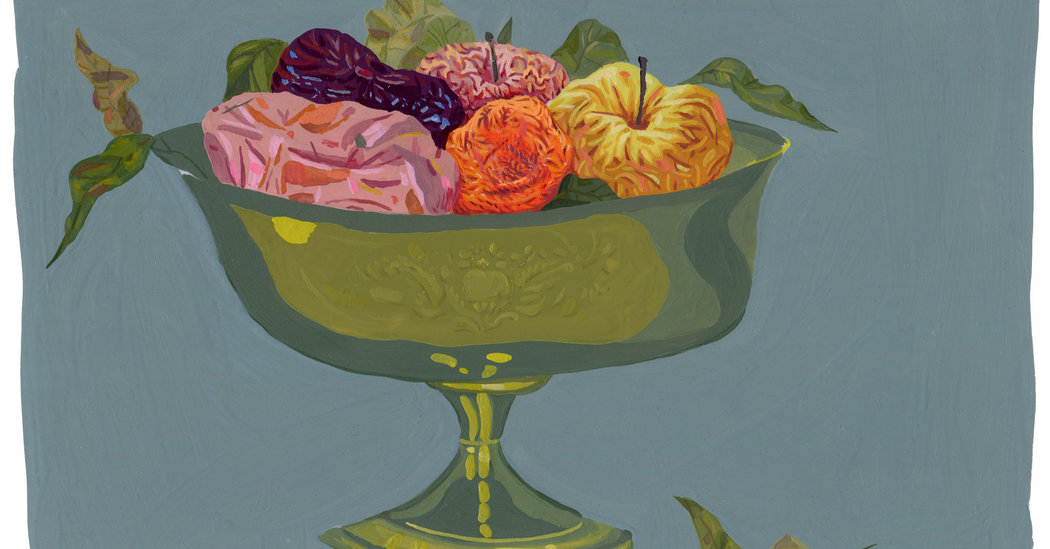
A recent 12-week study in JAMA Internal Medicine of 302 postmenopausal women found that estrogen (in the form of Vagifem, a vaginal tablet) was about as effective as a vaginal moisturizer (Replens) or a placebo tablet or gel in providing relief.
“Estrogen is not some sort of miracle for everyone,” though for some, “I think it’s great,” said Dr. Mitchell, who led the study. Dr. Lindau said of the treatments that were tested, “the point isn’t that they all did nothing, but they all did something.”
Alternative therapies are popular, but there is no proof they work. Eating yogurt rich in probiotics, for instance, is a common remedy, but it does not change vaginal flora. “It sounds like a good idea,” said Dr. Mitchell, “but the bacteria are not the same ones in the vagina, so that isn’t going to help.”
Websites sell marijuana douches or topical cannabinoids, the active ingredient in marijuana, that claim to lubricate the vagina. But no studies show they alter the vaginal microbiome or are effective, though high doses may get into the bloodstream and provide some relaxation, Dr. Mitchell said.
The MonaLisa Touch, a laser therapy, has been offered as a hormone-free way to reverse vaginal dryness, but there are no long-term randomized studies proving its efficacy for this purpose. “We haven’t reviewed or approved these devices for use in such procedures,” said Dr. Scott Gottlieb, the F.D.A. commissioner, in a recent statement.
Dr. Lindau added that painful intercourse may not always be a result of hormonal changes. Some women are dry from using too much soap. “This hyper hygiene activity — too much washing and wiping — there is no good reason to use soaps, certainly not in the vagina or in the vulva,” Dr. Lindau said.
Other women may have pain limited to the opening of the vagina that can be eased with a lidocaine ointment, a numbing cream. Painful intercourse may also be caused by spasms on the opening of the vagina or abnormal growths.

